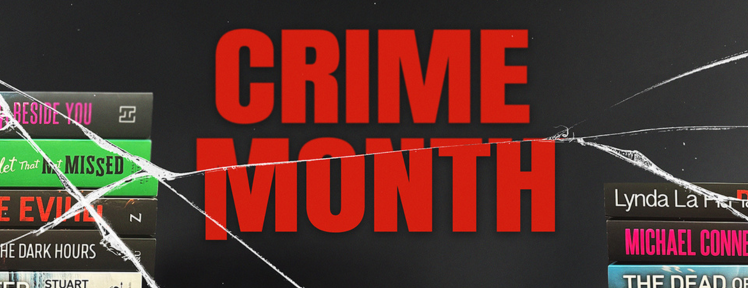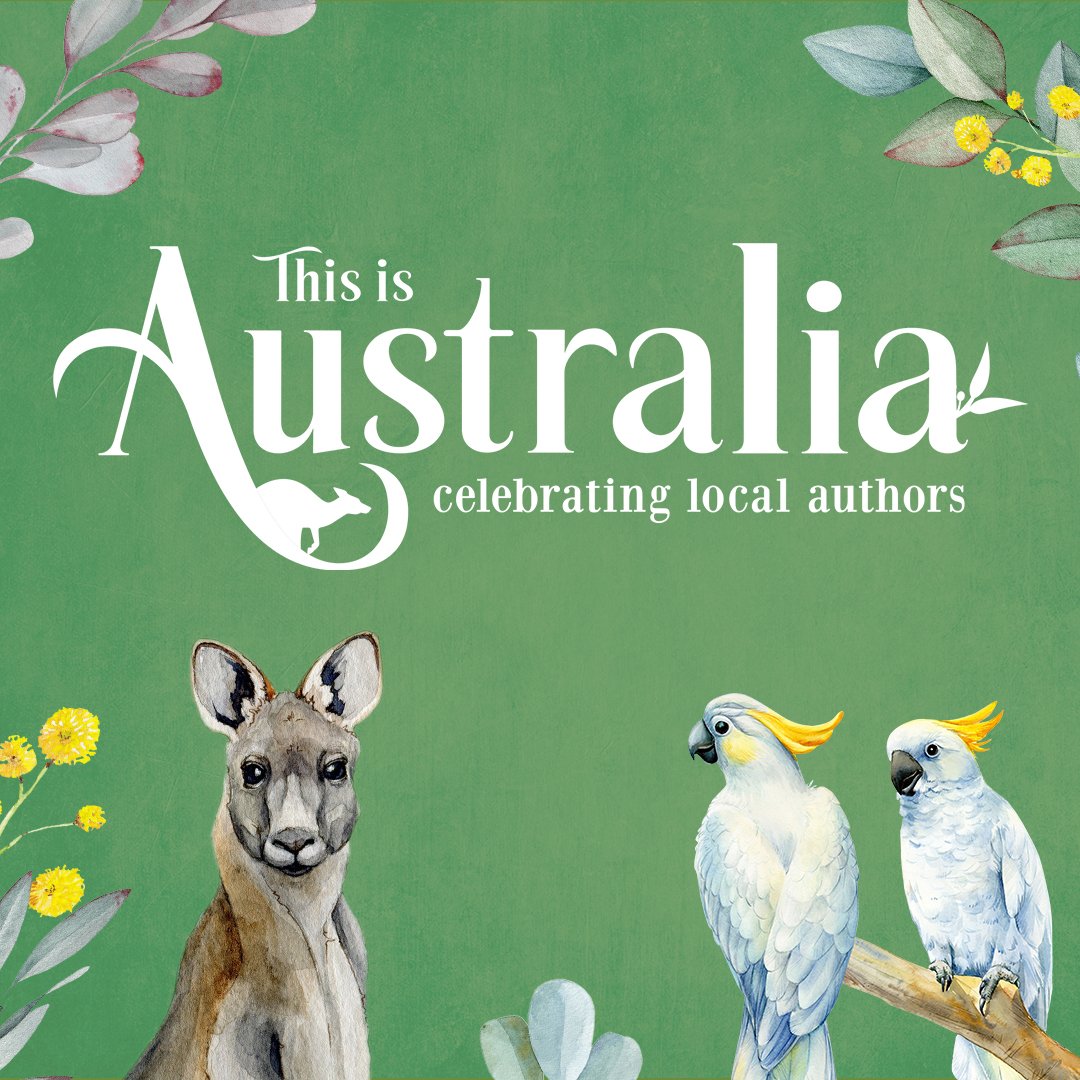Laura Elizabeth Woollett is the author of a short story collection, The Love of a Bad Man (2016), and two novels, Beautiful Revolutionary (2018) and The Newcomer (2021). The Love of a Bad Man was shortlisted for the Victorian Premier’s Literary Award for Fiction and the Ned Kelly Award for Best First Fiction. Beautiful Revolutionary was shortlisted for the 2019 Prime Minister’s Literary Award for Fiction, the Australian Literature Society Gold Medal, and the Kathleen Mitchell Award. Laura was the City of Melbourne’s 2020 Boyd Garret writer-in-residence and is a 2020-22 Marten Bequest scholar for prose.
Today, Laura Elizabeth Woollett is on the blog to answer a few of our questions about The Newcomer. Read on …
Please tell us about your book, The Newcomer!
LEW: The Newcomer is a genre-bending murder mystery, told primarily from the perspectives of the murder victim, Paulina Novak, and her mother, Judy. It’s set on a fictional island off the coast of Australia called ‘Fairfolk’, which is based on Norfolk Island (as the crime is loosely based on the 2002 murder of Janelle Patton). Paulina is a troubled young woman with a drinking problem, who’s freaking out about turning thirty. She’s also funny, vivacious, and strong-willed, and has a very loving (if conflicted) relationship with Judy. These two women are the beating heart of the novel, but I also explore other POVs, such as Paulina’s auntie, her landlady, and her best friend, Jesse.
Why was it important to you to write this story?
LEW: I wrote the crime novel I wanted to read. While I love the pacing of conventional crime fiction, I think the genre has a lot to answer to re: spreading copaganda and the trope of genius-murderers, as well as treating ‘justice’ as a simple matter of finding out whodunnit. Most crime fiction doesn’t really grapple with the fundamental injustice of robbing a person of their life or what it’s like to live with that injustice. I wanted to tackle those existential questions in the guise of a murder mystery. I also wanted to present a victim who’s not only a fully-fledged character, but the most dynamic, charismatic, complex character in the book. I wanted her to be so alive that readers legitimately care about her death.
This book is based on a real-life murder in Norfolk Island. Can you tell us about your approach to creating fiction out of true crime?
LEW: After writing The Love of a Bad Man and Beautiful Revolutionary, both of which were very research-heavy, I chose to take a freer approach with The Newcomer – using the facts as a jumping-off point rather than trying to inhabit real-life figures or retell a real story. While Paulina has characteristics in common with Janelle Patton, I never wanted her to be Janelle Patton, or for her family to resemble the Pattons, or for her boyfriends to resemble Patton’s boyfriends. Someone well-versed in the case will likely recognise certain details, yet The Newcomer is ultimately a work of fiction, populated by fictional characters and relationships.
I am nervous about people reading The Newcomer as a true story, because it’s not. I’m also nervous about how Norfolk Islanders will receive the book. To me, it seemed more respectful to go in a more fictional direction. But some may see the very act of writing – no matter what’s written – as an invasion, or unwanted attention. Ultimately, creating fiction out of true crime means answering to my own conscience and doing my best to write empathetically, while accepting that some people may see my writing as pot-stirring or disturbing the peace, no matter what. I think the same can be said for any writing.
What appeals to you about using a sleepy island as a setting for a story like this?
LEW: The island appealed to me in the same way that Peoples Temple appealed to me as a setting for Beautiful Revolutionary – it’s an isolated community, with its own hierarchies and mores. I liked that Paulina was an outsider to this community and often at odds with it. There was a lot of dramatic potential in placing such a loud, chaotic character in this setting.
‘Most crime fiction doesn’t really grapple with the fundamental injustice of robbing a person of their life or what it’s like to live with that injustice. I wanted to tackle those existential questions in the guise of a murder mystery.’
This novel is driven partially by the mother-daughter relationship between Judy and Paulina. When did you first realise that this needed to be such a big part of the story?
LEW: From the outset, I knew the novel would begin from Judy’s perspective, on the day of Paulina’s murder. I wanted readers to see Judy feeling frustrated with Paulina, and worrying about her – even grieving for her – before they see Paulina’s corpse. Rather than just dumping a dead girl on the first page, I tried to give readers a glimpse of exactly who was at stake, and what she meant to the person who loved her most.
I also wanted to shake up the way that victims’ mothers are depicted in crime fiction. Like dead girls, they aren’t afforded much complexity, tending to be one-dimensional tragic/ hysterical figures, to be managed or avenged. Judy is tragic. She cries a lot. But that doesn’t mean she doesn’t have agency, or strength, or flaws, or secrets, or the capacity to grow and change. Judy reckoning with what her life looks like without Paulina in it was a big deal, as their relationship is extremely codependent.
Can you tell us a little bit about your journey towards becoming a writer?
LEW: I started writing around the age I learned the alphabet. In year one, we used to have ‘diary time’ every morning, where I wrote a saga about the adventures of a fox and mouse who were best friends. When I was fifteen, I read The Beach by Alex Garland and had a lightbulb ‘I wanna do this’ moment. At eighteen, I moved to Melbourne and started a BA, majoring in creative writing. At twenty-two, I got onto the editorial committee at Voiceworks and learned a lot reading fiction submissions. I lived with Mum until I was twenty-five. I didn’t start learning to drive until almost thirty. I think our culture glorifies young writers, but having three books published by thirty-one is something I owe to a combination of single-mindedness, impracticality, and having enough privileges to be single-minded and impractical. Even with these privileges, I worry about money. I apply for grants. I’ve been burned out. I constantly wonder about the sustainability of the whole thing. I have a lot of respect for writers who have other skills and other lives; who’ve come to writing later in life, after having careers, raising children, caring for elders, driving cars, etc. Down with the ‘bright young thing’ myth, tbh.
What does a typical writing day look like for you?
LEW: My writing conditions fluctuate wildly from year-to-year. Pre-Covid, I mostly wrote in cafes on weekends and on my lunch breaks. In 2020, I had access to a studio space through the City of Melbourne’s Creative Spaces program, so was writing there (except during stage 4 lockdown, when I didn’t write). Now I’m living in deep-suburbia and writing from home part-time for the first time. A good writing day typically starts with a bit of a sleep-in, then a bit of cardio, before settling in with a coffee and working until ~3pm. In the evenings, I like to hunker down with a big glass of red and a stein of Pepsi Max until dinner, which is always at a very Mediterranean hour.
What is the last book you read and loved?
LEW: Melissa Broder’s Milk Fed.
What do you hope readers will discover in The Newcomer?
LEW: Characters who get inside their heads and stay there, long after the last page is turned. Also, humour. Though The Newcomer goes to some very dark places, I think Paulina is hilarious (she cracked me up, anyway), as are some of the idiosyncrasies of island life. If I can make readers laugh while also confronting and disturbing them, I’ve done my job.
And finally, what’s up next for you?
LEW: I’m writing my second short story collection (and flip-flopping between titles). I’m thinking about (but far from ready to write) my next novel, Whisper City. Also, passing my driving test, hopefully!
Thanks Laura!
—The Newcomer by Laura Elizabeth Woollett (Scribe Publications) is out now.
This book is part of our Crime Month collection!
Laura Elizabeth Woollett

The Newcomer
Limited Signed Copies Available!
There's no such thing as a perfect victim.
In a hotel room on a sleepy Pacific island, Judy Novak waits. And worries. It isn't the first time 29-year-old problem child Paulina has kept her mother waiting. But Judy can't ignore the island's jagged cliffs and towering pines - or the dread that Paulina has finally acted on her threats to take her own life. When Paulina's body is discovered, Judy's worst fears seem confirmed. Only, Paulina didn't kill herself. She was murdered...








 What do we know about the Boy Swallows Universe Netflix show?
What do we know about the Boy Swallows Universe Netflix show?  Booktopia’s top thrilling fiction picks for Crime Month
Booktopia’s top thrilling fiction picks for Crime Month  Booktopia’s Top First Nations Book Recommendations for 2023
Booktopia’s Top First Nations Book Recommendations for 2023
Comments
No comments